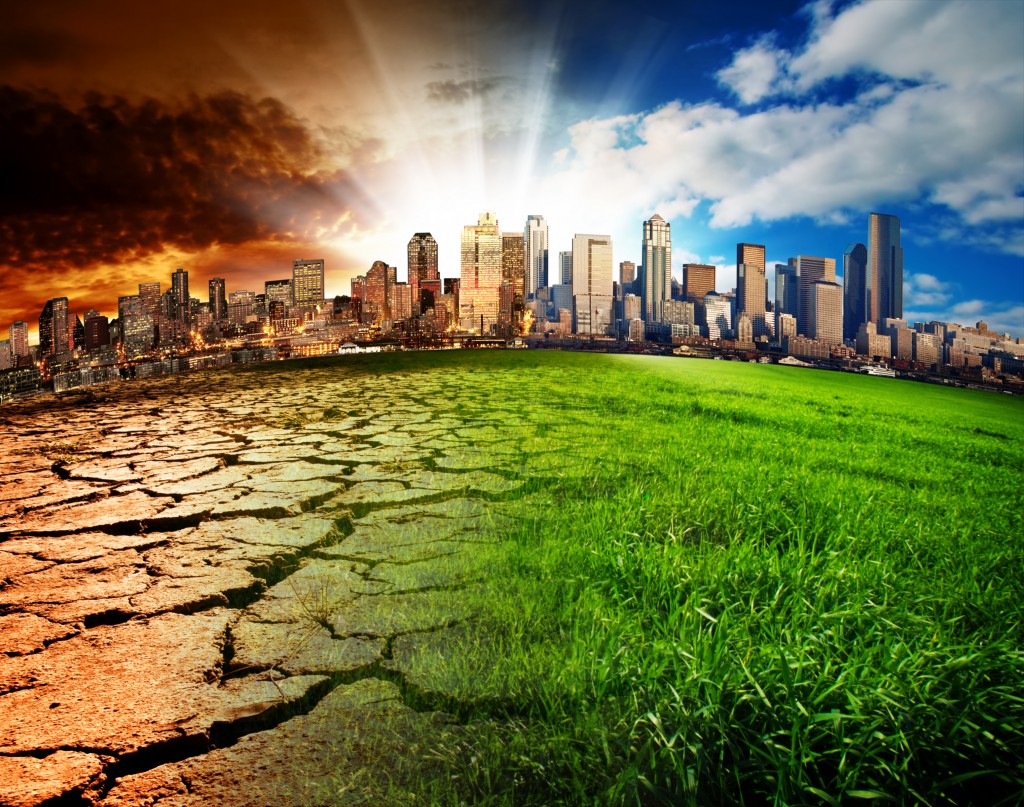We’re facing a growing crisis driven by climate change, and this holds significant implications for how we’ll live in the future.
This phenomenon is making many locations around the world unbearably hot. Some suffer from unprecedented levels of drought and wildfires. Others are facing the threat of record storm patterns and submersion by rising sea levels.
Some residents are already considering those effects. But many of us can still feel that climate change isn’t something that demands urgent action in our lives.
In the US, severe storms are hitting the Atlantic seaboard while wildfires break out on the West Coast. The impact is unequal. Living elsewhere, you might feel safer, with no need to alter your plans.
It’s high time to overturn those assumptions.
Understanding volatility
People tend to interchange the terms ‘global warming’ and ‘climate change,’ but they don’t mean the same thing. Understanding the difference is vital to adjusting your way of thinking.
Global warming is a worldwide trend towards higher temperatures, year on year. It’s just one aspect of climate change: an increase in volatility in a location’s climate over a period.
That volatility makes conditions unpredictable, which isn’t obvious if you only think of the problem as temperatures rising slightly each year. If you zoom in, you’ll find that there can be major fluctuations daily.
Texans, for instance, should definitely be concerned about the state’s long-term trend towards hotter conditions. But residents were really not expecting a historic, climate change-driven cold snap that brought Arctic temperatures in February.
The problem with volatility is that it has knock-on effects we can’t foresee.
Maybe unexpected snowfall in your area leaves you salting your driveway, which damages it and requires the concrete to be repaired later on. That’s arguably a minor issue compared to the recent collapse of the Texas power grid.
Models of climate change are good at predicting general trends. But they tend to be less helpful when it comes to the extremes of weather and their potential impact on locals.
And as the Texan power outages show, authorities are fallible too. They might not take the weather threat seriously enough or encounter too much organizational inertia to mount an effective response.
Responding with durability
Individual homeowners don’t have to become climate change experts. You don’t have to start lobbying the local government to do more. Sure, those things can help in the big picture, but there are immediate steps you can take that will make a difference to your future living.
You can start making changes to your home that better anticipate the realities of our changing world.
Was your home built to code? If that’s the case, you need to be aware that it means ‘built to minimum standards,’ as far as durability goes. It’s not something that should inspire confidence.
Addressing maintenance around the house mustn’t be done as though it were a band-aid. You have to keep one eye on the future.
Realize that the next storm could be worse, the next drought or heatwave longer and more intense, applying greater levels of stress to your structure. Make proactive changes and upgrade your home to become more durable.
And while you’re at it, consider whether you really need all that space. A larger home is more expensive and difficult to maintain, especially in increasingly harsh conditions. Downsizing might be the sensible long-term move.
Considering mobility

Investing more into your home might be the preferred option. But have you given a second thought to the idea of relocation?
Mobility is more palatable to those who rent instead of owning property. It’s tough enough having to uproot and forge ties in a new place without the hassle of navigating the housing market.
But many Americans, and other people from around the world, will have to take this issue seriously enough to consider a permanent move.
Migration related to climate change will be something we all need to reckon with. Even if you stay, the movement of people into new areas will cause economic shifts and disruption.
Job prospects may improve in parts where warming weather creates favorable conditions. The economy in places that are becoming inhospitable could worsen. Over time, these trends could rapidly narrow the gap in terms of quality of living.
Keep the mobility factor in mind because the future is uncertain. And in the face of uncertainty, your best bet is to have multiple options.
You’d prefer to stay, certainly. But it won’t hurt to be well-acquainted with more favorable scenery, and be prepared to embrace your mobility, just in case you have to go.











